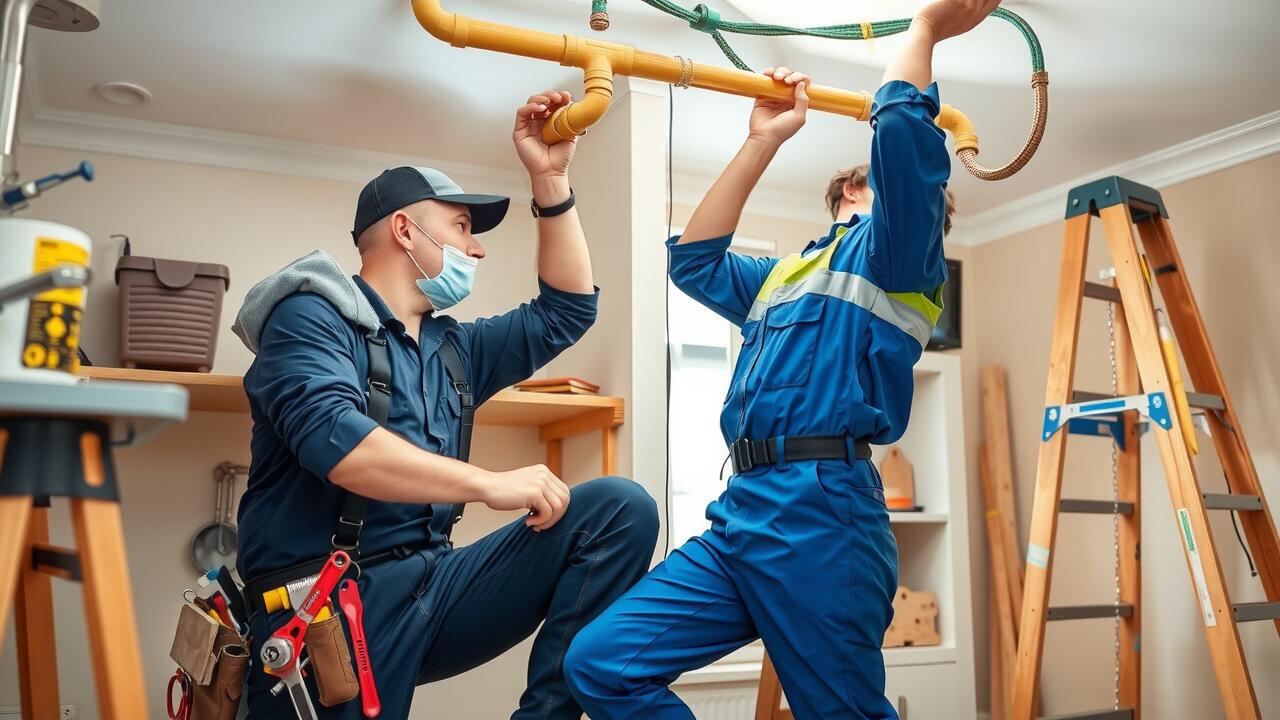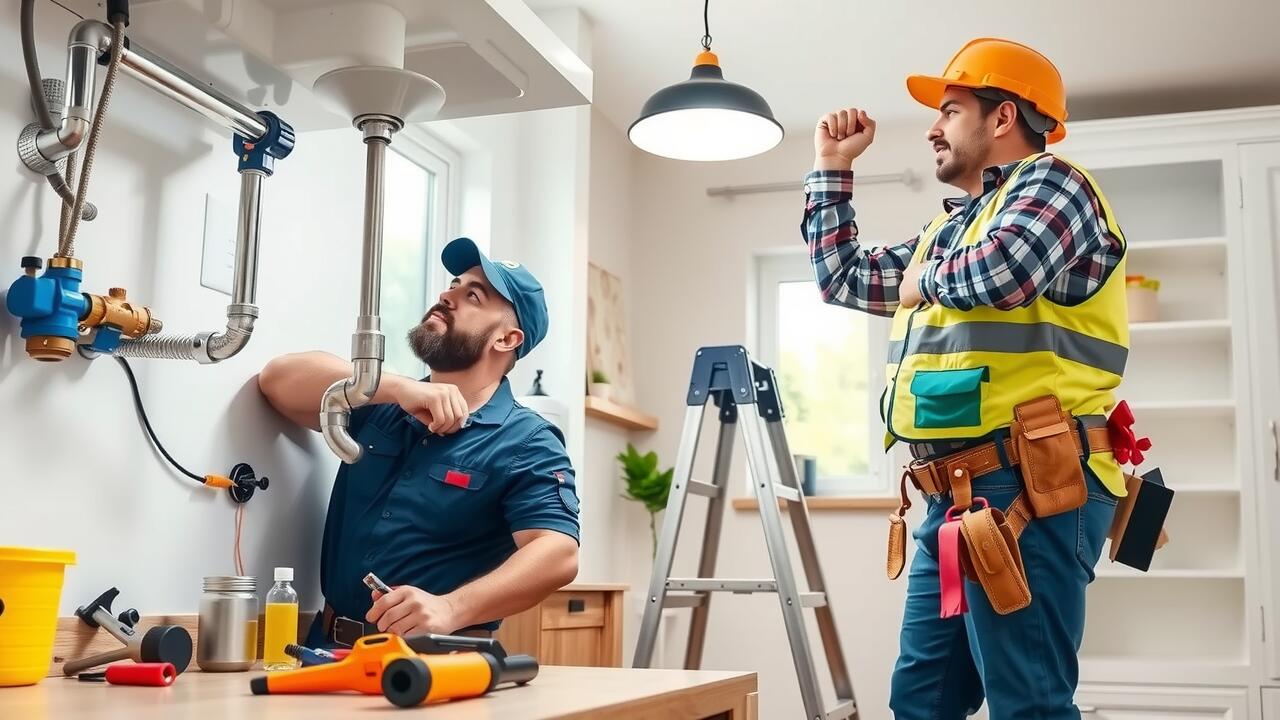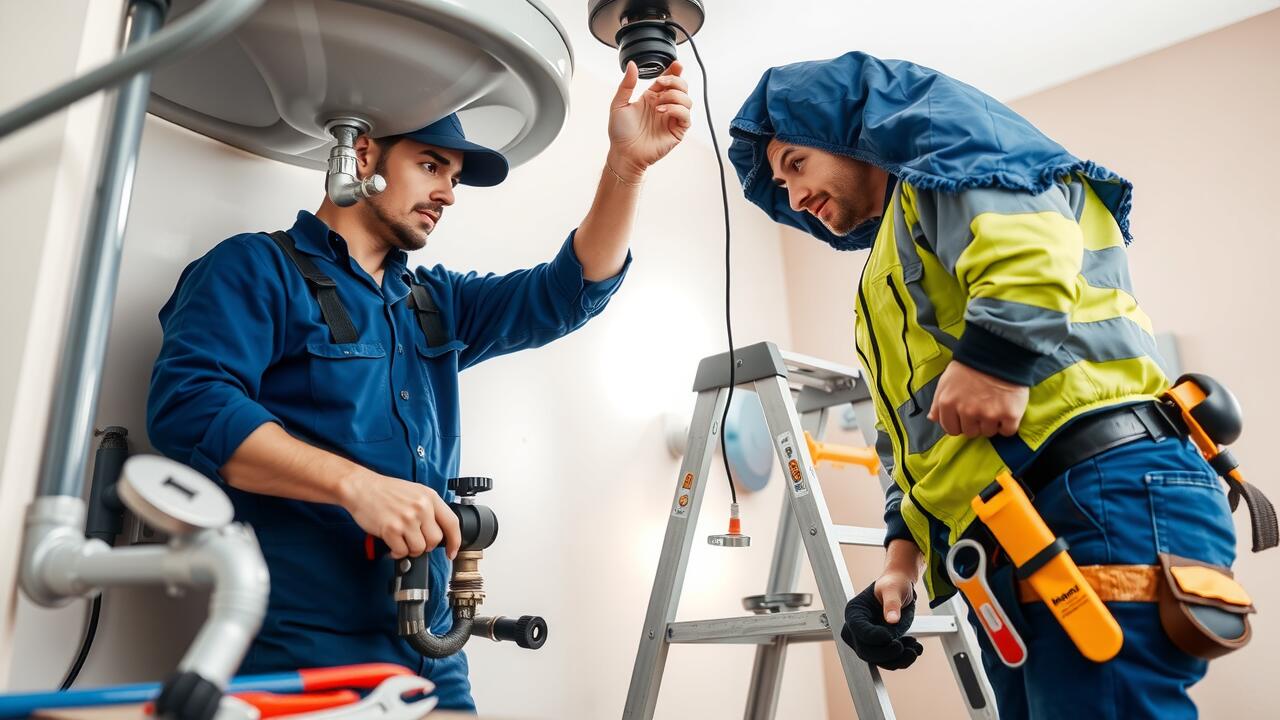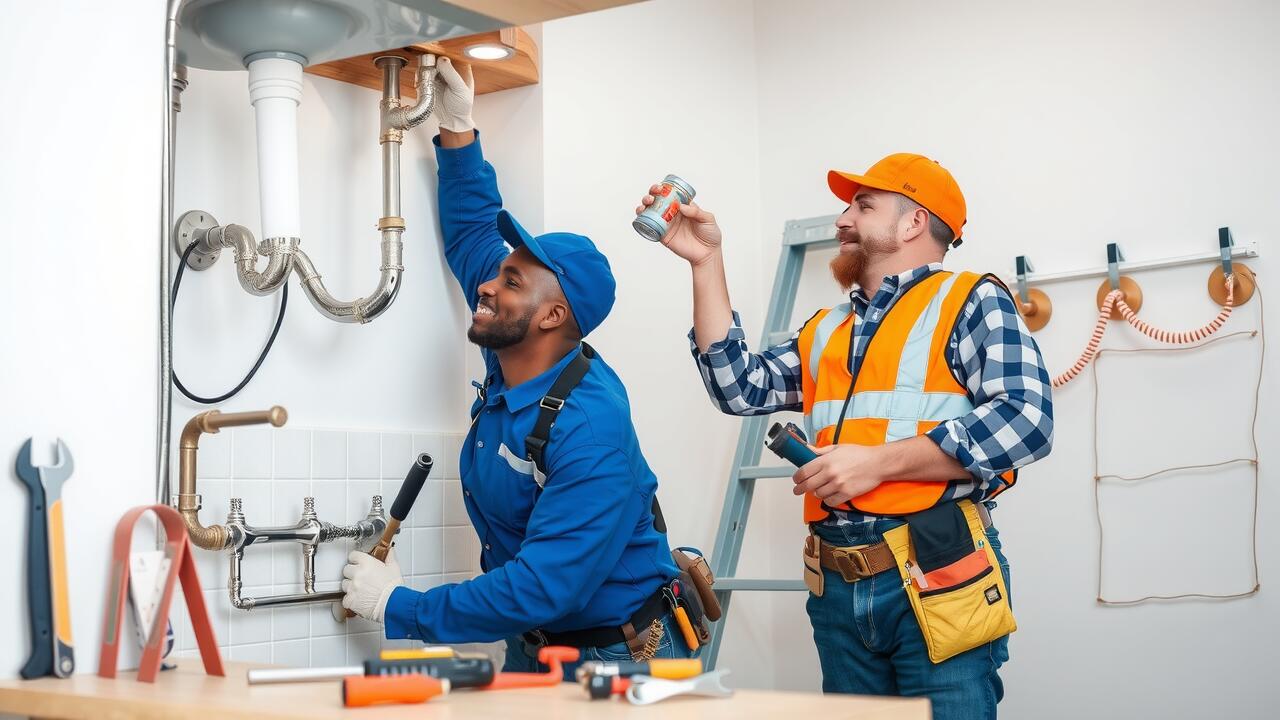
Legal Consequences of Unauthorised Electrical Work
Unauthorised electrical work can lead to significant legal ramifications. Many jurisdictions require individuals performing electrical tasks to hold specific qualifications and licences. Failing to adhere to these regulations can result in hefty fines, and individuals may face legal action depending on the severity of the offence. The potential consequences extend beyond monetary penalties; complications arising from improper work could necessitate extensive repairs, further escalating costs and legal issues.
Moreover, the implications of illegal electrical work can affect property insurance coverage. Insurance providers often stipulate that any electrical installations or modifications must be performed by qualified professionals. If an incident occurs due to unauthorised work, the insurance company may deny claims, leaving homeowners liable for damages. It is crucial to consider these potential pitfalls when contemplating unauthorised work, particularly when dealing with services like plumbing and electrical work in Shelton, Stoke-on-Trent.
Penalties and Fines
Engaging in unauthorised electrical work can lead to significant penalties and fines. Regulatory bodies impose these sanctions to ensure safety standards are upheld. Individuals caught performing electrical tasks without the necessary qualifications may face hefty financial repercussions. In some cases, repeat offenders risk further legal action, which could involve stricter penalties or even imprisonment.
In areas like Hanley, Stoke-on-Trent, the enforcement of these regulations is particularly stringent. Local authorities often conduct inspections and take action against those who flout the rules. Awareness of these potential fines is crucial for homeowners considering DIY projects. Failure to comply with regulations not only jeopardises personal safety but can also lead to costly legal troubles.
Impact of DIY Electrical Work
Many individuals consider DIY electrical work as a way to save money or take on personal projects. This approach may seem appealing, yet significant risks accompany such tasks. Errors in electrical installations can lead to severe consequences, including electrical fires, injuries, or even fatalities. Regulatory bodies have established strict guidelines and standards to ensure safety. Homeowners attempting to undertake these jobs without the necessary training may unknowingly violate these regulations.
In areas like Hartshill, Stoke-on-Trent, the legal implications of performing unauthorised electrical work can also be daunting. If a DIY job leads to malfunction or poses safety hazards, homeowners may find themselves liable for damages. Insurers often require proof of professional qualifications before covering any mishaps arising from electrical work. Failing to adhere to these legalities not only endangers safety but also complicates matters should a claim need to be made. Engaging qualified professionals remains the safest and most compliant route for any electrical tasks.
Risks and Legal Implications
Undertaking DIY electrical work carries significant risks, not just in terms of personal safety but also in legal implications. In areas like plumbing and electrical work in Florence, Stoke-on-Trent, individuals who are not qualified may inadvertently cause serious damage to their property or risk fire hazards. Many local regulations require that such work be carried out by certified professionals. Failure to comply with these requirements can lead to severe consequences, including legal action from local authorities or insurance complications if an incident occurs.
Additionally, the potential for accidents and improper installation can result in costly repercussions beyond repairs. Homeowners may find themselves faced with increased insurance premiums or even denial of coverage for damages resulting from unapproved electrical work. Engaging a certified electrician not only ensures compliance with local laws but significantly minimises the risk of unsafe conditions, highlighting the importance of professional expertise in managing such vital household tasks.
Hiring a Qualified Electrician
When it comes to hiring a qualified electrician, it is essential to ensure that you choose someone with the right credentials and experience. Look for electricians who are registered with a recognised body, such as NICEIC or ELECSA. These organisations ensure that their members adhere to the necessary standards and regulations. You can also check reviews and ask for references. A reputable electrician will be happy to provide evidence of their qualifications and past work.
Plumbing and electrical work in Trent Vale, Stoke-on-Trent, is governed by strict regulations to guarantee safety and compliance. Using a qualified professional not only ensures that the work is done correctly but also protects you from potential legal implications. An unqualified individual may carry out substandard work, leading to safety hazards and costly repairs down the line. Investing in a qualified electrician is crucial for both peace of mind and adherence to local laws.
How to Verify Credentials
When seeking to hire a qualified electrician, verifying their credentials is crucial. Start by checking if they hold the necessary qualifications and certifications. Look for electricians registered with recognised bodies such as the National Inspection Council for Electrical Installation Contracting (NICEIC) or Electrical Contractors' Association (ECA). These organisations ensure that their members meet specific standards of safety and competence, which can provide peace of mind for homeowners and businesses alike.
In addition, it is wise to ask for references from previous clients. A reputable electrician should be happy to provide examples of their work. You can also explore online reviews and ratings to gain insights into their reliability and professionalism. For those needing certified work, especially plumbing and electrical work in Hanford, Stoke-on-Trent, ensuring that the electrician is familiar with local regulations can help in avoiding any legal pitfalls.
FAQS
Who is legally allowed to perform electrical work in the UK?
In the UK, only qualified electricians who are registered with a recognised body, such as the National Inspection Council for Electrical Installation Contracting (NICEIC) or the Electrical Contractors' Association (ECA), are legally allowed to perform electrical work.
What are the legal consequences of doing electrical work without a proper licence?
Performing electrical work without the proper qualifications can result in significant legal consequences, including fines, penalties, and potentially the requirement to rectify any unsafe work at the homeowner’s expense.
Can I do electrical work in my own home?
Yes, homeowners can carry out some electrical work in their own properties, but it must comply with the UK Wiring Regulations. However, any work that involves new circuits or significant alterations usually requires notifying the local authority or using a registered electrician.
What are the risks involved in DIY electrical work?
DIY electrical work can pose serious risks, including electrical shocks, fires, and other hazards. Additionally, improper work may not comply with safety regulations, leading to potential legal issues and increased insurance premiums.
How can I verify if an electrician is qualified?
You can verify an electrician’s credentials by checking their registration with a recognised electrical safety scheme, such as the NICEIC or ECA. You can also ask for proof of qualifications and any relevant certifications before hiring them.




